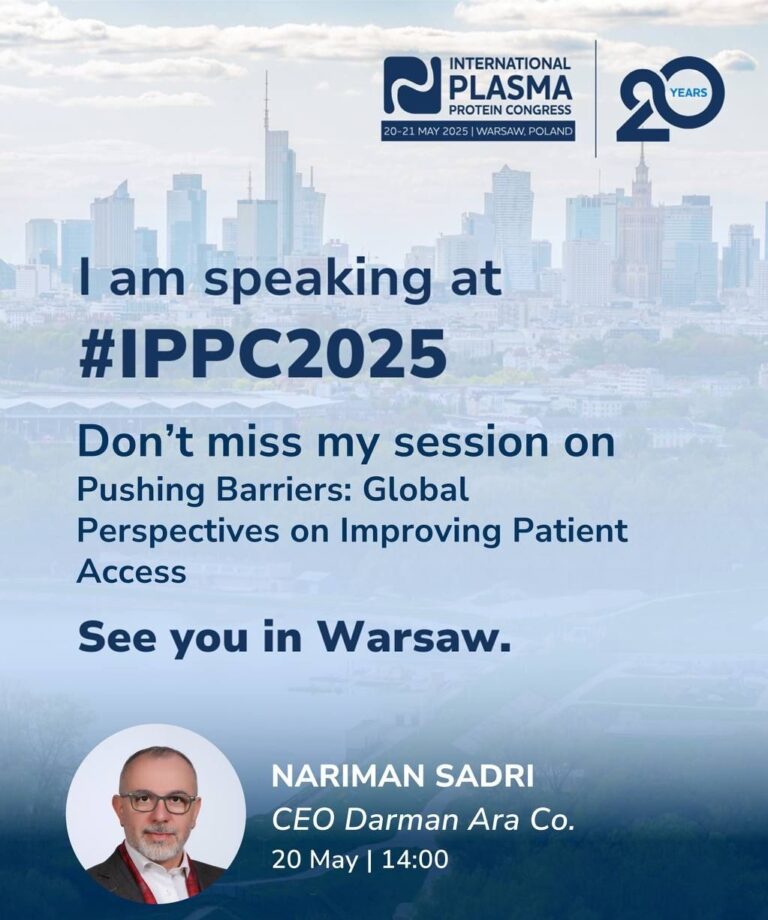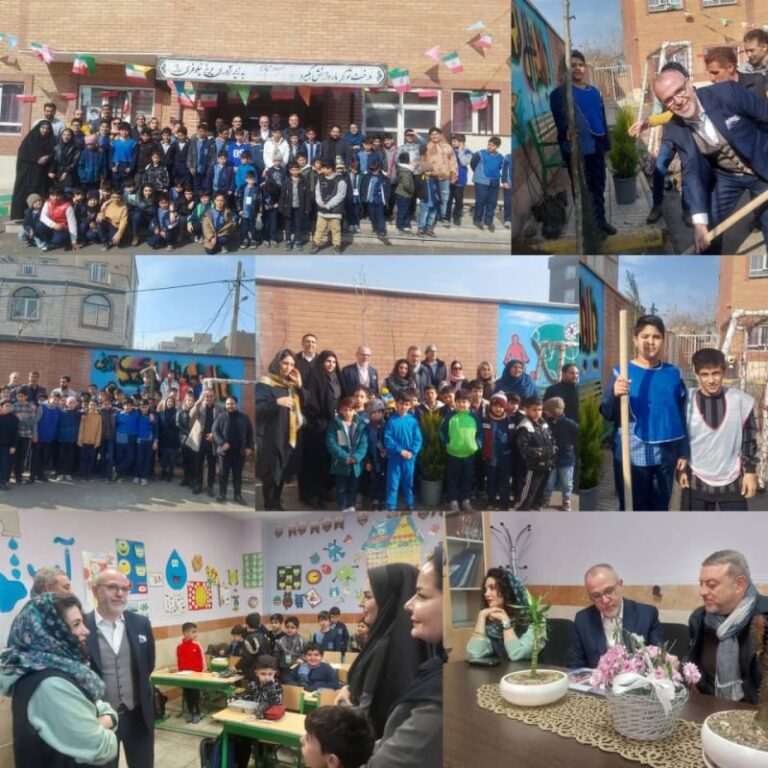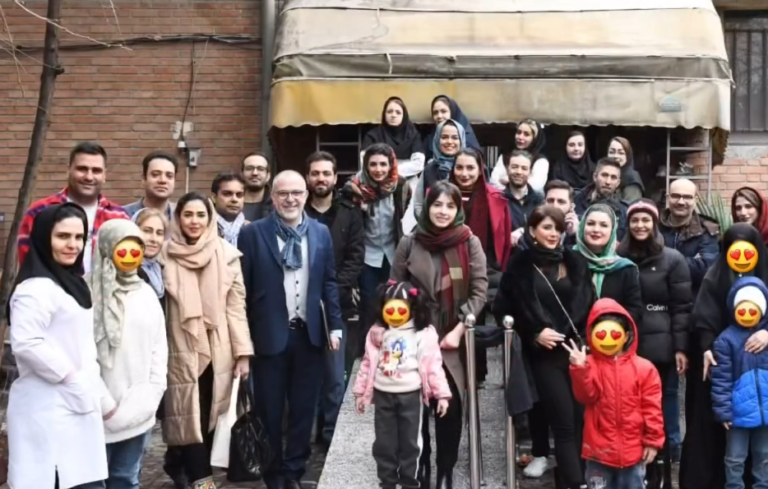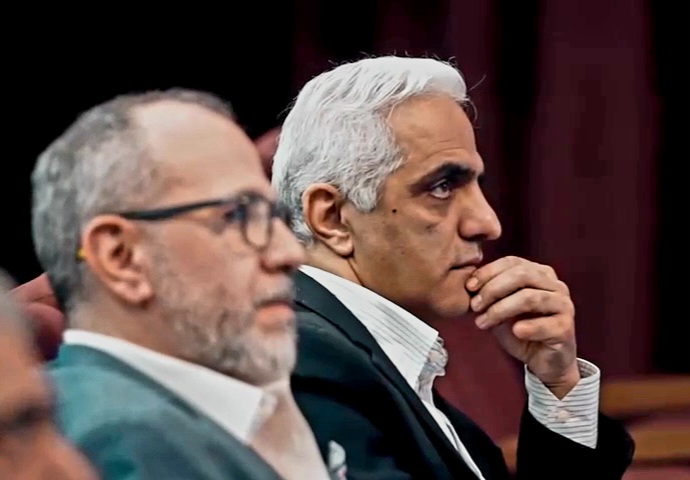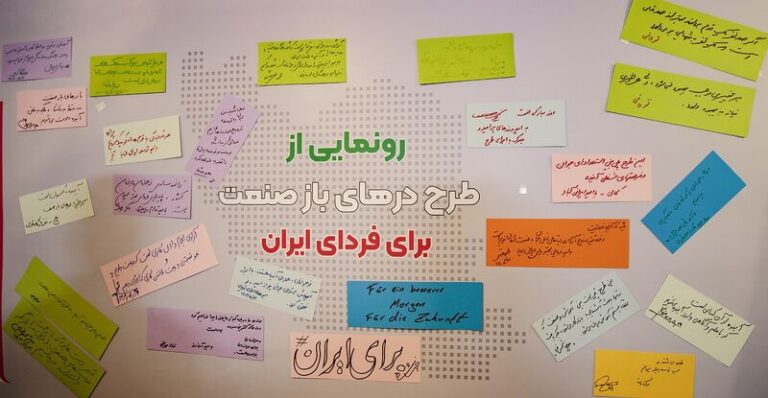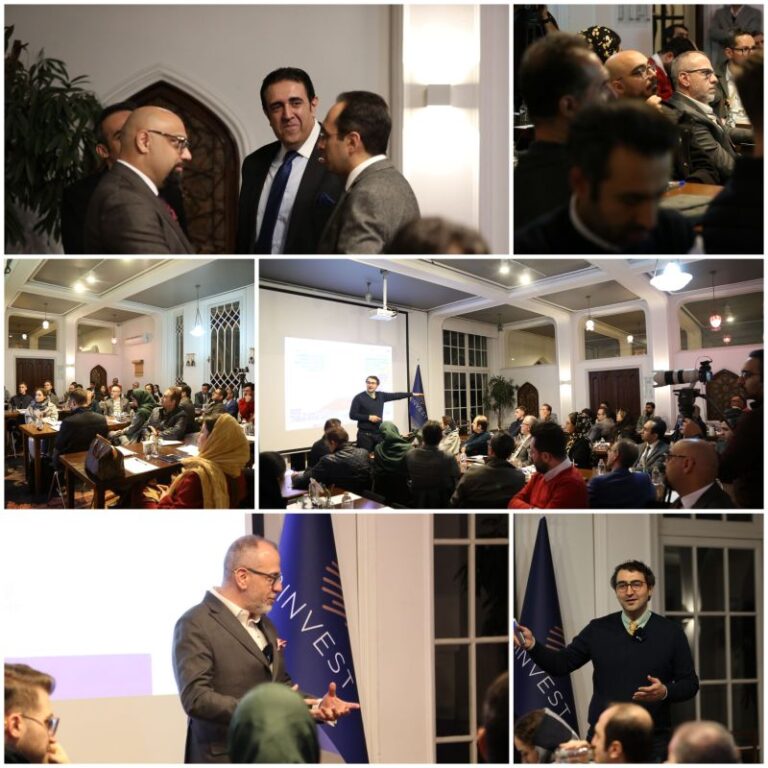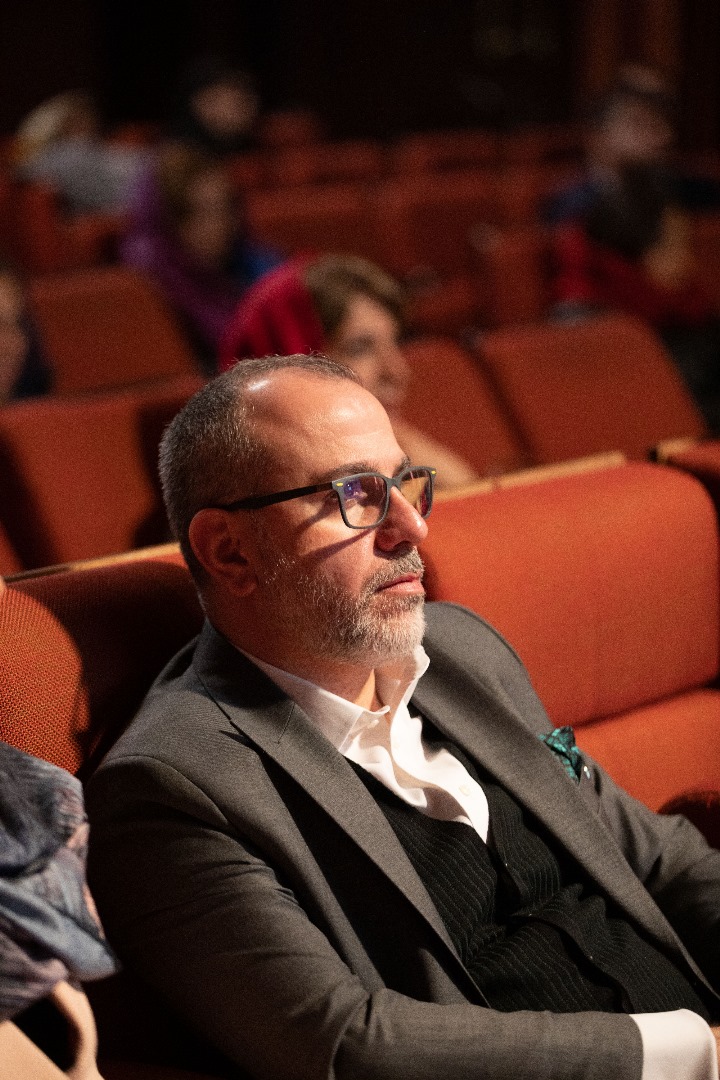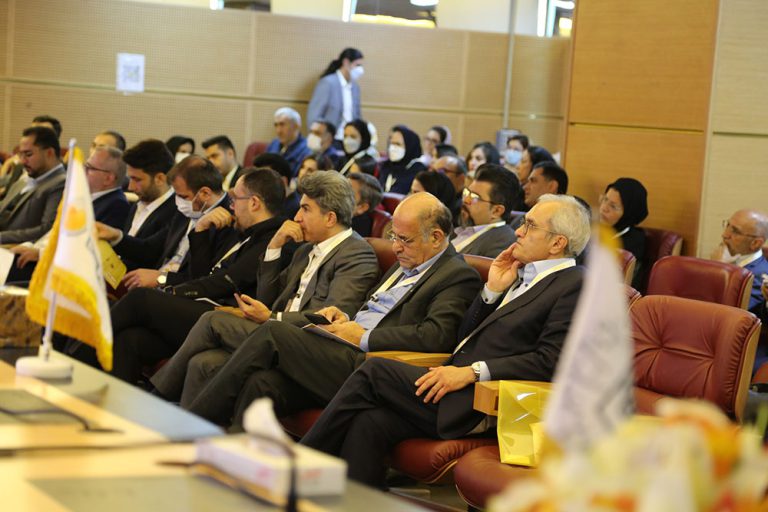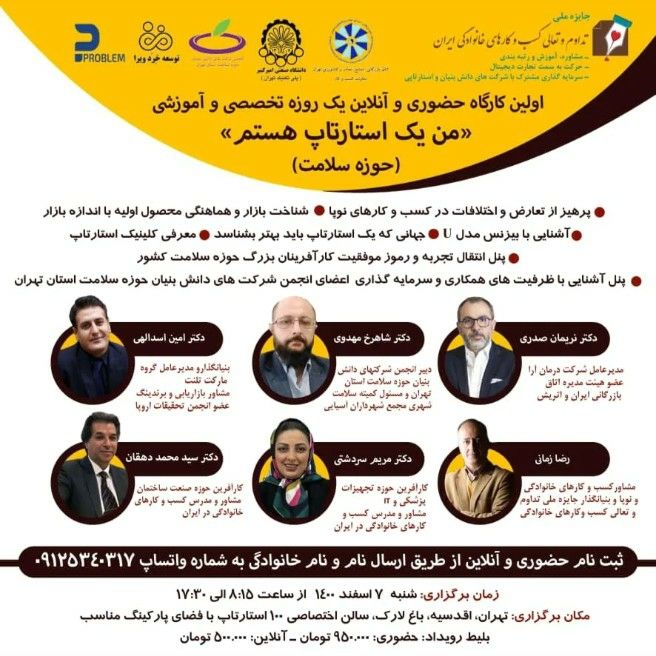Since childhood, I’ve had trouble expressing my anger and frustration. Many of my friends are the same way; some explode outwardly and disrupt everything around them, while others, like me, implode internally. Our generation was as well educated in strict school and parental standards as it was poorly nurtured in learning how to deal with our inner feelings. Physical punishment was routine both inside and outside of school. Oh, the pain still lingers when I remember the pencils between my fingers or my head being slammed into the car dashboard because I was listening to a Pink Floyd cassette.
Physical confrontation was so natural and institutionalized that if we had the chance to vent our anger through fighting, we wouldn’t hesitate. From the old taxi driver we embarrassed for an extra two tomans of fare to the poor guy who glanced at the girl with us in the coffee shop.
As I grew older, especially in recent years, I’ve been practicing expressing myself and my feelings, but I still can’t react properly and managedly when the atmosphere is very tense. After a few bad memories of physical confrontations, I started suppressing my anger more, and after two decades, this resulted in experiencing unhealthy and complex emotions through internal explosions of anger.
In recent weeks, I had an experience that left me alone with these feelings, and I needed to explore and read more. How can I express my anger more healthily without resorting to physical confrontation or suppressing my anger? My lived experience is that:
- First, we should calm down, even if only outwardly, and in the first step, assertively and without aggression, clearly and directly express our concerns and needs without harming others or trying to control them.
- Identify possible solutions. Instead of focusing on what made us angry, work on resolving the issue. We need to understand that some things are simply out of our control and try to be realistic about what we can and cannot change, reminding ourselves that anger doesn’t fix anything and may make it worse.
- Don’t hold grudges. Forgiveness is a powerful tool. If we let anger destroy positive emotions, we may find ourselves consumed by bitterness or a sense of injustice. Forgiving someone who made us angry may help us learn from the situation and strengthen our relationship.
These are my experiences. It doesn’t mean that these techniques have fully resonated with me and that I can apply them correctly, but my conclusion is that these three techniques can help me reconcile with my anger.


